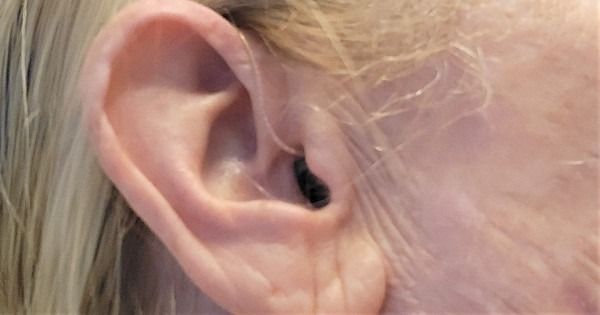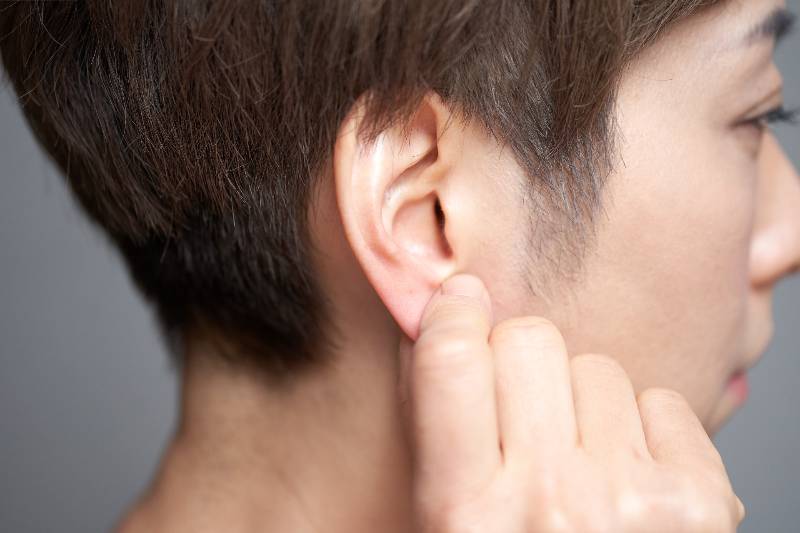Introduction
In the vibrant orchestra of life, individuals with mixed hearing loss (MHL) face unique challenges that can disrupt the harmony of their social and professional experiences, particularly in bustling settings like events. MHL, a complex condition that combines conductive and sensorineural hearing loss, presents a blend of auditory barriers, communication hurdles, and potential for social isolation. However, by understanding the impact of MHL on event participation and implementing effective strategies, individuals with MHL can confidently navigate the auditory landscape and thrive in these dynamic environments.
Auditory Barriers and Sensory Overload: The Dissonant Notes of MHL in Event Settings
Event environments, characterized by background noise, reverberation, and multiple simultaneous conversations, can pose significant challenges for individuals with MHL. These factors can lead to:
- Reduced sound clarity: Difficulty understanding speech and following conversations due to distorted or muffled sound.
- Auditory fatigue: Strain and discomfort from prolonged exposure to loud or complex auditory environments.
- Sensory overload: Overwhelmed by the multitude of sensory stimuli, including sound, lights, and crowds.
Tuning the Hearing Symphony: Practical Tips for Effective Event Participation
Individuals with MHL can proactively enhance their event participation experience by:
- Choosing accessible venues: Opt for venues with good acoustics, minimal background noise, and assistive listening devices, such as hearing loops or FM systems.
- Informing event organizers: Notify event organizers about hearing needs to ensure appropriate accommodations are provided.
- Positioning strategically: Choose a seating location that minimizes background noise and provides optimal visibility for presentations or speakers.
- Utilizing assistive technologies: Employ personal amplification systems, real-time captioning, or note-taking services to supplement auditory information.
- Taking breaks and recharging: Schedule regular breaks to rest and recharge from auditory strain and sensory overload.
Conclusion
Mixed hearing loss, with its blend of auditory challenges and event-related obstacles, presents unique obstacles in the pursuit of a fully inclusive and harmonious social experience. However, by understanding the impact of MHL on event participation, embracing effective communication strategies, and utilizing assistive technologies, individuals with MHL can navigate the auditory landscape of events with confidence and grace. By amplifying the voices of individuals with MHL and promoting inclusive event practices, we can create a world where everyone can participate in the vibrant symphony of life, regardless of their hearing abilities.
OTC Hearing Aid Pair
Experience the world like never before with the RCA OTC Behind-the-Ear Hearing Aid. Our advanced digital technology ensures that every sound is crystal clear and vibrant, allowing you to fully immerse yourself in life’s experiences. Whether it’s the laughter of loved ones or the music that moves you, our hearing aid brings back the joy of every moment.
Say goodbye to the hassle of appointments and prescriptions. The RCA OTC Hearing Aid is designed to meet the needs of individuals without the need for a prescription. With its seamless setup and user-friendly design, you can effortlessly enhance your hearing abilities and stay connected to the world around you. Simply unpack, wear, and enjoy improved auditory perception instantly.
Experience optimal comfort and style with our discreet behind-the-ear design. The thin tube design allows you to wear glasses comfortably, so you can enjoy clear hearing while maintaining your personal sense of style. Plus, our rechargeable battery ensures long-lasting power, eliminating the inconvenience of constantly replacing small batteries. Elevate your hearing experience with the RCA OTC Hearing Aid and embrace the world with confidence.
FAQ
- What specific accommodations should individuals with MHL request from event organizers?
Individuals with MHL should request accommodations that address their specific hearing needs, such as:
- Hearing loops: Assistive listening systems that transmit sound directly to hearing aids or cochlear implants.
- FM systems: Wireless systems that transmit sound to personal receivers or headsets.
- Real-time captioning: On-screen text display of spoken words to supplement auditory information.
- Note-taking services: Provision of a note-taker to provide a written record of presentations or discussions.
- What strategies can individuals with MHL use to minimize auditory fatigue and sensory overload during events?
Individuals with MHL can employ strategies to manage auditory fatigue and sensory overload, such as:
- Taking regular breaks: Stepping away from noisy environments or taking a moment of silence to rest and recharge.
- Utilizing hearing protection: Wearing earplugs or earmuffs to reduce noise levels and prevent auditory strain.
- Hydrating and maintaining a healthy diet: Ensuring proper hydration and nutrition to support overall well-being and reduce fatigue.
- Communicating about needs: Openly communicating with companions or event staff about any discomfort or need for assistance.
- What role can event organizers play in creating a more inclusive environment for individuals with MHL?
Event organizers can play a crucial role in fostering an inclusive environment for individuals with MHL by:
- Providing training and awareness: Educating staff and volunteers about MHL and effective communication strategies.
- Offering assistive listening devices: Equipping venues with hearing loops, FM systems, or other assistive listening devices.
- Ensuring clear signage: Providing clear signage and visual aids to enhance accessibility and understanding.
- Promoting open communication: Encouraging open communication about hearing needs and preferences to ensure accommodations are met.
Practical Tips for Event Organizers to Enhance Inclusivity
- Partner with local hearing loss organizations: Collaborate with local hearing loss organizations to gain insights into the needs and preferences of individuals with MHL.
- Conduct accessibility audits: Regularly assess event venues and practices to identify and address potential accessibility barriers.
- Offer pre-event communication: Provide individuals with MHL with information about the event format, layout, and available accommodations in advance.
- Designate a hearing loss liaison: Assign a designated staff member or volunteer to serve as a point of contact for individuals with MHL and address any concerns or needs during the event.
- Incorporate inclusive practices: Implement inclusive practices, such as clear announcements, visual cues, and breaks, to benefit all attendees, including those with MHL.
Annotated References
- Davis, A., Hine, C., & Wingfield, A. (2009). Hearing loss in the workplace: A manager’s guide. Royal National Institute for Deaf People (RNID).
This guide provides comprehensive information for workplace managers on understanding hearing loss, its impact on employees, and effective strategies for creating an accessible and inclusive workplace environment.
- World Health Organization. (2010). World report on hearing. World Health Organization.
This report provides a global overview of hearing loss, its prevalence, impact, and strategies for prevention, rehabilitation, and management. It also discusses the importance of creating accessible environments for individuals with hearing loss.




